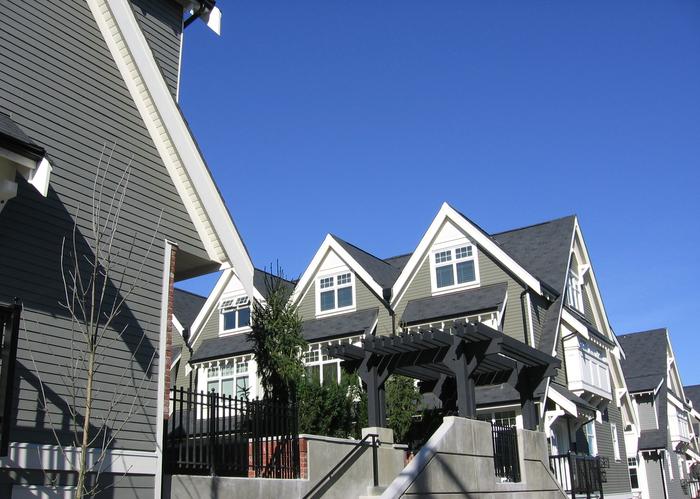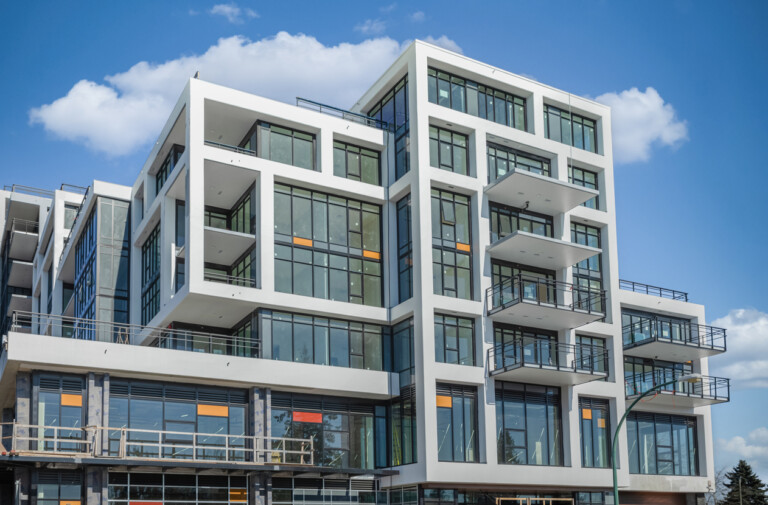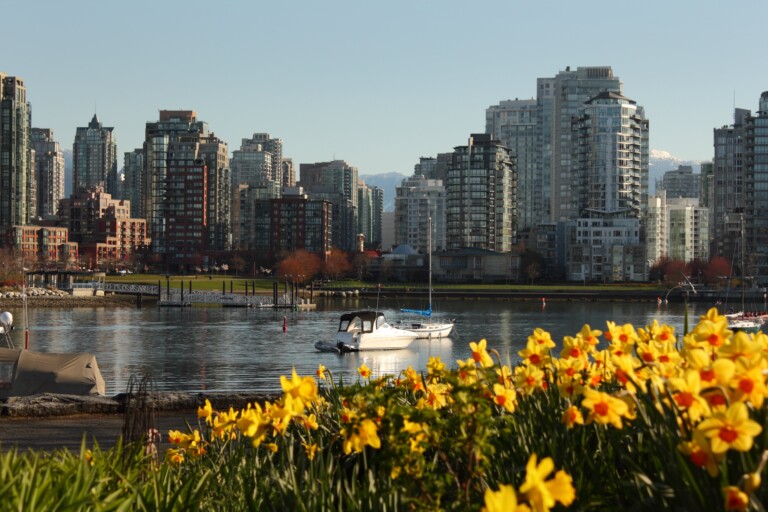
By Sarah Jones
On November 1, 2023, the Government of British Columbia proposed legislation that will amend zoning rules to reduce red tape and to create more small-scale, multi-unit homes. The changes aim to reduce redundant public hearing processes in certain circumstances, build more affordable housing, and plan for long-term housing needs.
It is important to note that these changes will not impact the City of Vancouver, though the Province has indicated it intends to work with the City of Vancouver to figure out how the new rules could apply.
Proposed Rules
Bill 44: Housing Statutes (Residential Development) Amendment Act, 2023 and the forthcoming regulation (the “Proposed Legislation”) aim to increase the supply of small-scale, multi-unit housing by: 1) reducing one-off public hearings, 2) shifting the local planning and land use framework to emphasize proactive zoning, and 3) updating zoning bylaws.
Reducing One-Off Public Hearings
The Proposed Legislation will abolish redundant public engagement processes by prohibiting public hearings for projects that are already consistent with Official Community Plans (“OCPs”). Public hearings will still be required where local governments are updating the OCP or are considering rezoning that is inconsistent with the OCP.
Shifting the Local Planning and Land Use Framework
Currently, municipalities plan through Housing Needs Reports (“HNRs”), OCPs, and zoning and other bylaws.
The Proposed Legislation will require that local governments update HNRs using a standardized method that aims to provide a better understanding of long-term housing needs. OCPs will need to be updated every five years with public engagement, include policies that address a range of housing types (such as rental housing, family housing), and plan for forecasted growth over the next 20 years, rather than five. There will also be a shift away from spot-zoning and site-by-site rezoning. Instead, small-scale, multi-unit homes will be zoned upfront, meaning fewer delays for developers looking to build this type of housing.
Updating Zoning Bylaws
The Proposed Legislation will allow for a minimum of one accessory dwelling unit (i.e. a secondary suite or a laneway home) in all communities in BC. The Proposed Legislation will also require many local governments to update their zoning bylaws to permit small-scale, multi-unit housing on traditional single-family and duplex lots. This will apply to municipalities over 5,000 people and within urban containment boundaries, which are areas designated for urban development by a regional growth strategy.
In particular, local governments will be required to allow for either three or four units on lots currently zoned for single-family or duplex use, depending on whether the lot is less than or greater than 280 square meters. Local governments must also allow for six units on lots that are greater than 280 square meters and close to transit stops with frequent service.
Moving Forward
If passed by the Government, the Proposed Legislation will require local governments to update their bylaws to accommodate the small-scale, multi-unit housing zoning requirements by June 30, 2024. Local governments will also need to complete their first review and update their OCPs and zoning bylaws by December 31, 2025.



